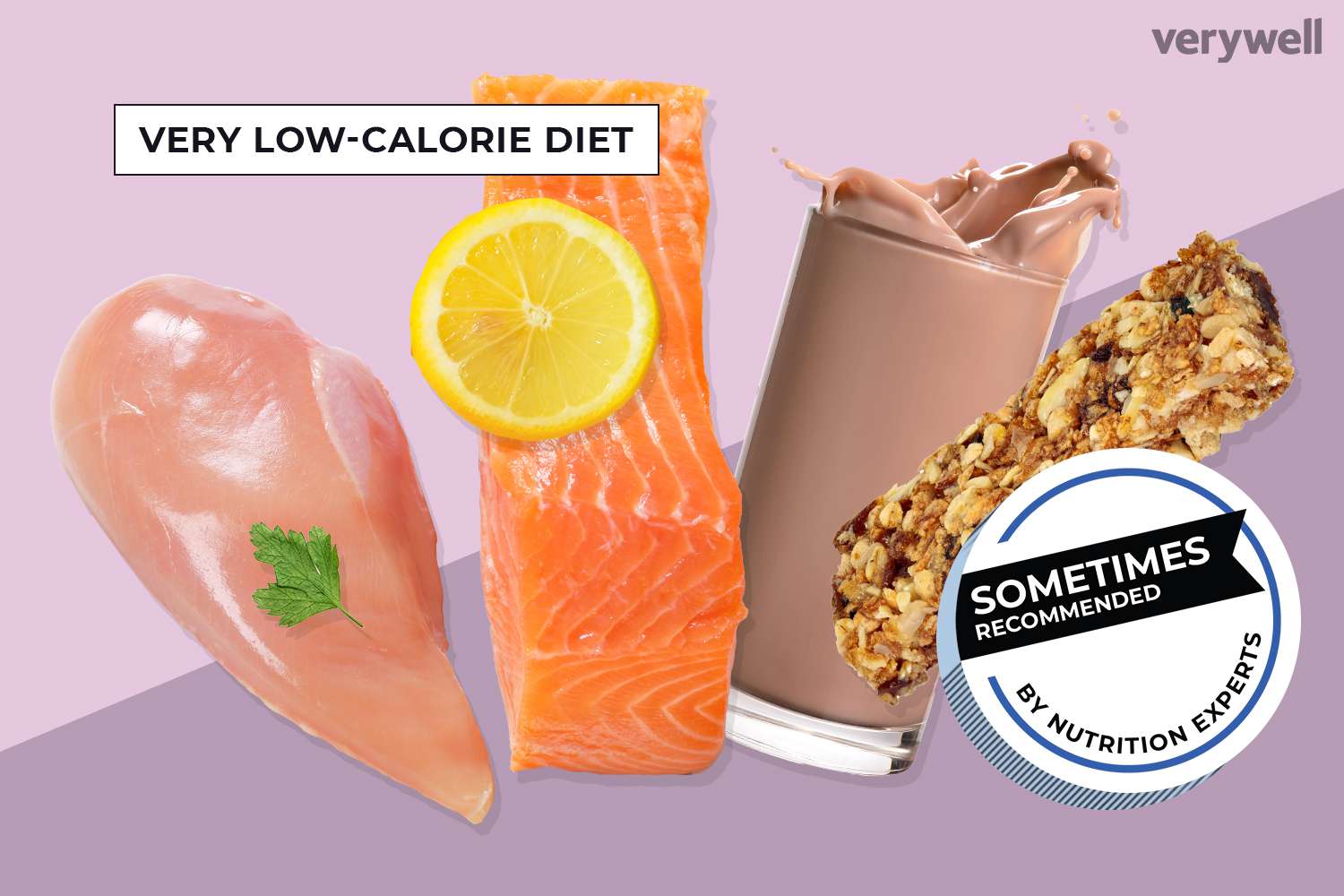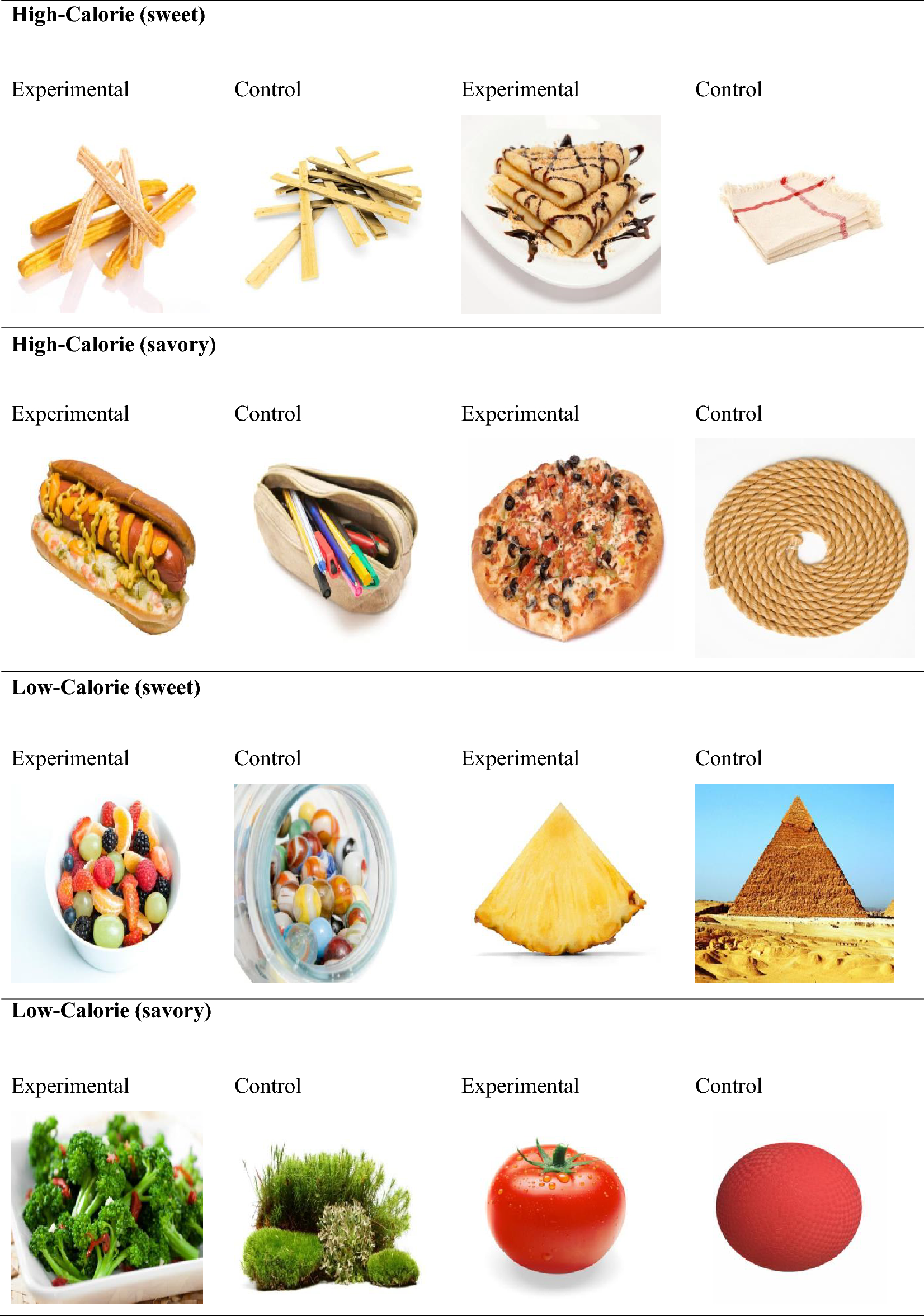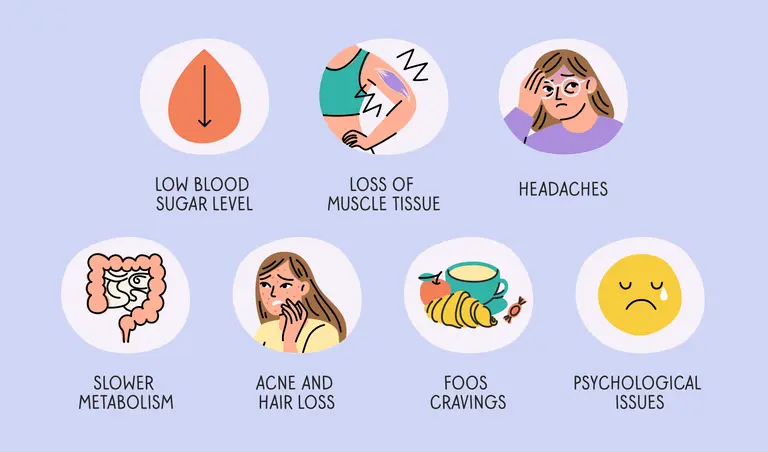Obesity rates have increased sharply in recent years. Weight loss remains critical in managing obesity; dietary adjustments (including caloric restriction and regular physical activity) are among the many measures available to help manage it effectively.
Weight loss using calorie restriction includes diets low and deficient in calories, known as the Low-Calorie Diet (LCD) and Very Low-Calorie Diet (VLCD).
Weight loss may quickly reverse itself, and the lost pounds may be regained if not adhered to correctly.
Diets with 800 or fewer daily calories have been shown to prevent some of this regain. LCDs typically aim at providing 800-1200 kcal daily along with behavioral treatment or physical activity programs.
Low-Calorie Diet

An obese individual may be advised to follow a low-cal diet to meet energy requirements and expenses. An LCD must fall below their requirements.
Utilizing measurements of resting metabolic rate (RMR) and 24-h energy expenditure (EE), metabolic rooms provide an effective method of establishing the ideal amount of food intake needed for maintaining body weight; this serves as the upper limit of a low-calorie diet for any given subject, usually consisting of 800-1200kcal/day in calories consumed daily – thus classified as LCD diet.
Very Low-Calorie Diet

Recently, the definitions of Very Low-Calorie Diets and LCD have changed concerning energy restriction levels. VLCDs now refer to diet replacements between 800 kcal and 400-450 kcal daily, while meal replacements may contain only 200-400 kcal.
With the increasing trend towards low-calorie and very low-calorie diets, many are opting for diets low in calories and total carbs.
Low-calorie diets vary significantly among gender and age groups, including adults and children.
Low-Calorie Diets Low-calorie diets have become increasingly popular as an effective means of combatting obesity and losing weight. These diets typically restrict daily calorie consumption to between 800-1200kcal, providing both benefits and challenges to those who adopt them.
One of the primary advantages of low-calorie diets is their capacity to promote weight loss. By providing fewer calories than required for everyday activities, these diets force your body to use stored fat as energy, leading to gradual weight reduction.
Low-calorie diets have also been shown to positively improve various health markers, such as decreased blood pressure, cholesterol levels, and insulin resistance – reducing risk factors associated with cardiovascular diseases and type 2 diabetes – making low-calorie diets even more beneficial to overall wellbeing.
As with any diet, adhering to a low-calorie diet is complex and may result in feelings of hunger and fatigue – making it more challenging than expected to maintain such a regimen over time.
Rapid weight loss due to very low-calorie diets may also result in losing lean muscle mass, which is detrimental to overall health and metabolism. Therefore, those on such diets must incorporate regular physical activity and strength training sessions to preserve muscle mass and ensure continued weight loss.
Understanding Very Low-Calorie Diets (VLCDs)

Very Low-Calorie Diets (VLCDs) are diets with an extreme calorie restriction of 800kcal or fewer per day, offering only enough nutrients for energy expenditure and essential bodily processes. VLCDs have now included total diet replacement plans where carefully crafted low-cal products replace meals.
VLCDs offer an aggressive weight loss solution and are often recommended to people suffering from severe obesity or those preparing for weight loss surgery. VLCDs often lead to rapid initial weight loss, motivating those struggling with obesity.
However, VLCDs may present risks. Due to their highly restrictive nature, these diets must be monitored closely by medical personnel to ensure adequate nutrient intake and avoid potential complications that could include nutritional deficiencies, electrolyte imbalances, or gallstone formation.
VLCDs’ rigorous calorie restriction may lead to a significant metabolic slowdown. When your body senses reduced energy intake for extended periods, its natural response could be to adjust by decreasing basal metabolic rate – making weight loss even more complex in the long run.
Combining Behavior Treatment and Physical Activity
To increase the success of low-calorie diets, behavior therapy, and physical activity are often combined in weight loss plans.
Behavior treatment aims to modify eating behaviors and habits, such as emotional eating, portion control, and food choices. It can help individuals form healthier relationships with food while strengthening long-term adherence to their diet plan.
Regular physical activity complements low-calorie diets by increasing energy expenditure, contributing to weight loss. Exercise also plays a crucial role in maintaining lean muscle mass as weight is shed off, thus making exercise an essential element of any weight loss program.
Striking a balance between energy intake and expenditure is essential. An overly restrictive diet combined with vigorous physical activity may lead to overtraining, fatigue, and an increase in injury risks; as a result, tailoring exercise routines specifically to individual fitness levels is essential.
Personalizing Low-Calorie Diets for Different Groups

Low-calorie diets should be tailored specifically to each demographic group based on metabolic rates and nutritional requirements due to variations in metabolic processes.
Men generally possess greater muscle mass and metabolic rates than women, thus necessitating additional caloric intake during weight loss. Furthermore, children and adolescents have unique nutritional needs, which must be accommodated in low-calorie diets for growth and development.
Age-related metabolic and nutritional changes present challenges when trying to follow low-calorie diets. Ensuring sufficient nutrient and protein consumption becomes especially crucial to older adults to maintain muscle mass and prevent malnutrition.
Resting Metabolic Rate (RMR) in Weight Management
RMR plays an essential part in weight management by helping determine an adequate calorie intake level for weight management. RMR indicates how many calories the body requires at rest to sustain basic physiological processes and processes.
Individual variations in Resting Metabolic Rate (RMR) can enormously affect weight loss following a reduced-calorie diet. Some individuals naturally possess higher RMR, allowing them to burn more calories even at rest; others, however, have slower metabolic rates, making weight loss more challenging.
Assessing RMR with indirect calorimetry allows healthcare professionals to quickly and precisely determine an individual’s calorie needs through personalized diet planning, increasing the chances of successful and sustainable weight loss.
Psychological Effects of Low-Calorie Diets

It’s important not to underestimate the psychological consequences of low-calorie diets. Over time, prolonged calorie restriction may cause feelings of deprivation and an obsession with food that could contribute to disordered eating patterns and lead to the development of eating disorders in susceptible individuals.
Healthcare providers must carefully observe patients on low-calorie diets for signs of emotional distress and offer appropriate support and counseling services. Incorporating mindfulness and stress reduction techniques may also help individuals cope with the challenges associated with weight loss more successfully and enhance overall wellbeing.
Long-Term Maintenance of Weight Loss

Though low-calorie diets can result in rapid weight loss, the key to long-term success lies in weight maintenance. Many individuals struggle with regaining their lost pounds when returning to regular eating patterns.
Switching from low-calorie dieting to eating with healthy weight maintenance is critical to avoid weight regain. Establish sustainable eating habits which support weight maintenance without feeling restricted.
As part of their weight loss journey, individuals may benefit from ongoing support from healthcare professionals or support groups to keep themselves accountable and motivated.
Alternatives to Low-Calorie Diets

While low-calorie diets may be effective at helping individuals shed excess weight, they may not always be appropriate. Some individuals may have preexisting medical conditions or dietary restrictions that prevent them from adhering to such plans.
Alternatively, evidence-based approaches like macronutrient diets, intermittent fasting, or other specialized diets may be employed as weight management strategies. Such options should also consider the individual’s needs and preferences for optimal success.
No Matter Your Weight Loss Approach

Whatever approach to weight loss you select, sustainable lifestyle changes cannot be stressed enough for long-term success. Quick fixes and fad diets rarely produce long-term gains.
To attain and sustain a healthy weight, it’s crucial to adopt a nutritious and varied diet, engage in regular physical activity, manage stress effectively, and get adequate sleep. Small, gradual changes rather than drastic and short-term fixes are more likely to produce lasting results than drastic ones.
Before embarking on any weight loss journey, individuals should consult with qualified healthcare professionals such as registered dietitians, nutritionists, or physicians. These experts can conduct an in-depth assessment of an individual’s health status, nutritional needs, and weight loss goals before suggesting the safest and most appropriate approach.
Individualized guidance and ongoing support from healthcare professionals can increase the chances of weight loss success and enhance overall health outcomes.












